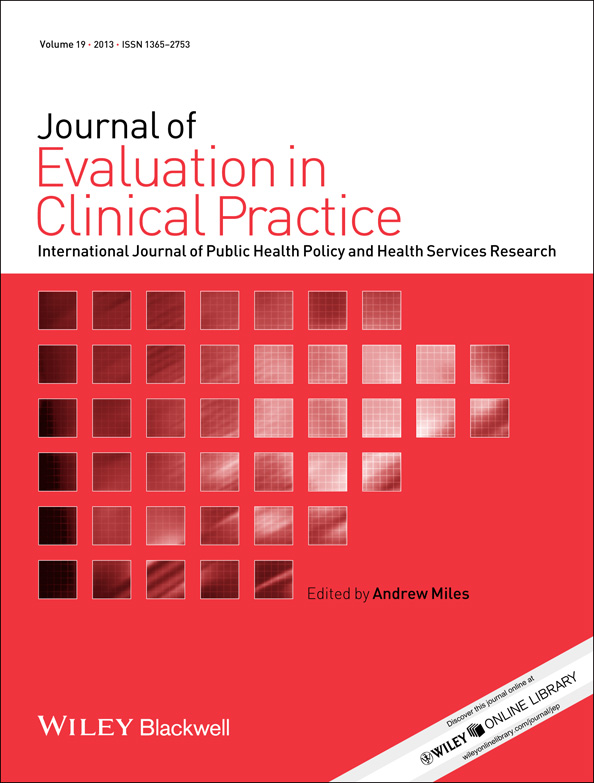The 2011 Program Evaluation Standards: a framework for quality in medical education programme evaluations
Abstract
Rationale, aims and objectives
Based on input from 400 stakeholders over 6 years, the 2011 Program Evaluation Standards represents an in-depth analysis of values, meaning and measurement and their relationships in programme evaluation. Evaluation quality is achieved by balancing five attributes: utility, feasibility, propriety, accuracy and evaluation accountability. These attributes are used to organize 30 standards, 200 strategies and 197 hazards.
Method
In response to a call from the authors of the standards, we have used them to guide our meta-evaluation of McGill's undergraduate physicianship programme.
Results
Our findings show how the standards illuminate the tensions, dilemmas and hazards inherent in all stages of programme evaluation studies and offer helpful strategies for designing and conducting high-quality evaluation studies.
Conclusions
Based on our experience, the third edition needs to be used as a reference document in all stages of evaluations of medical education programmes.




